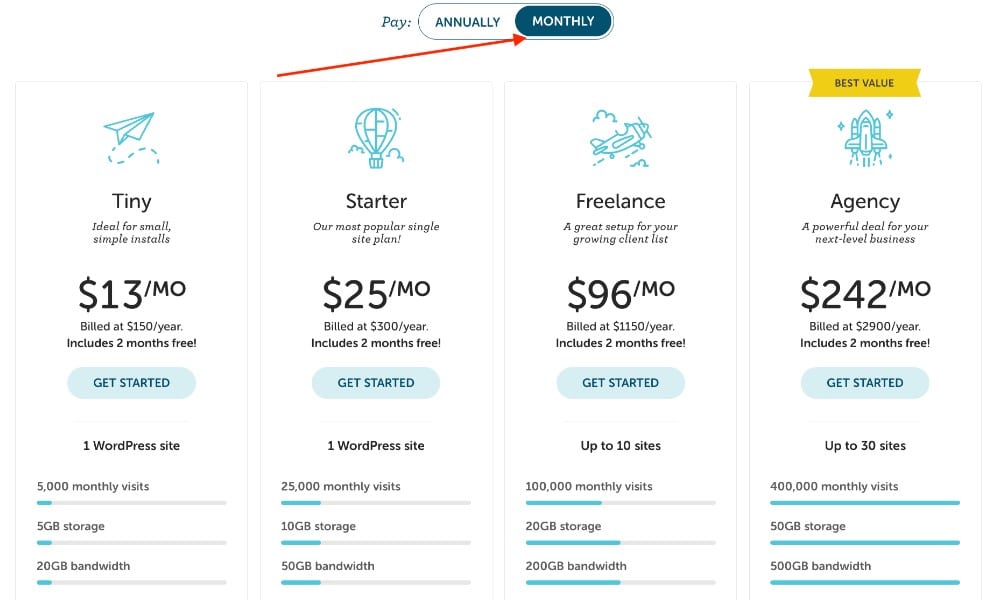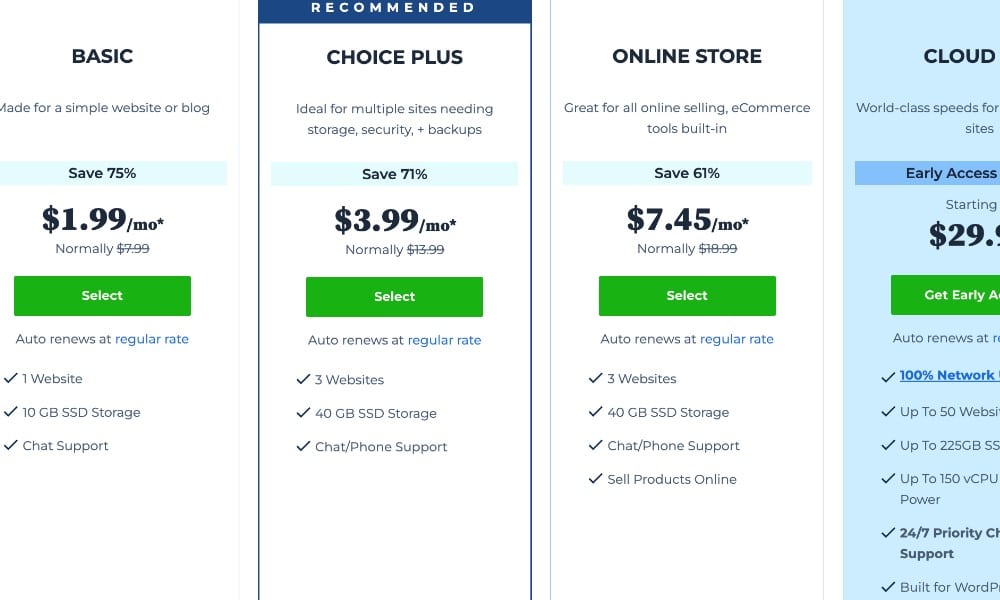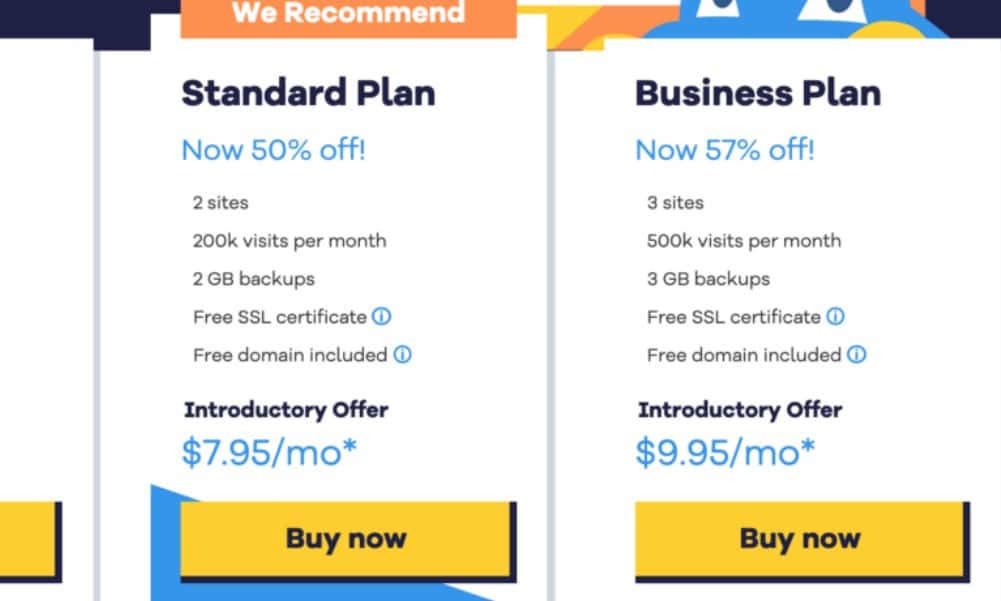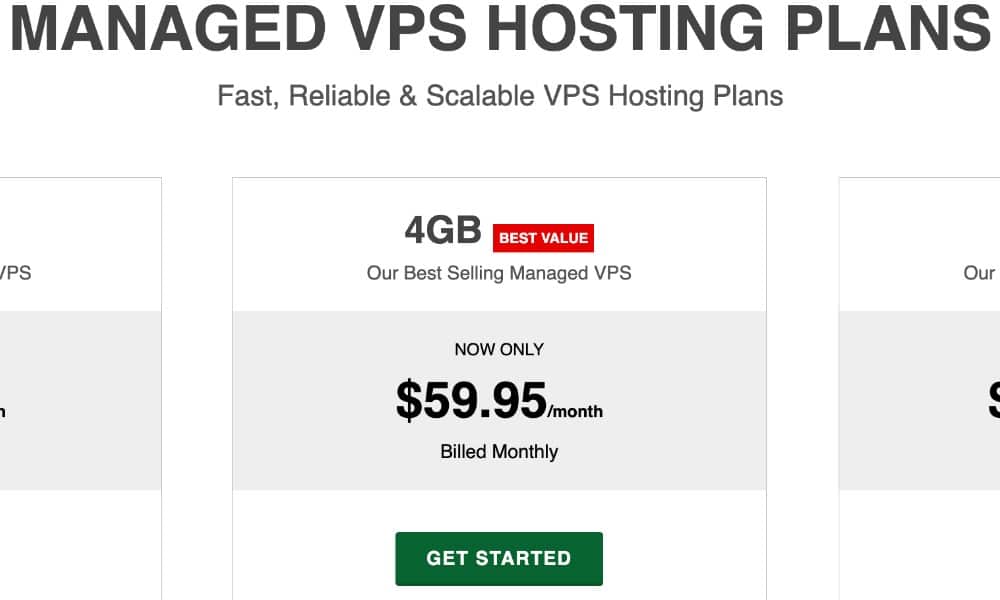As an e-commerce business owner, choosing the right Hosting Plan for E-Commerce is crucial for ensuring smooth operations, high performance, and maximum customer satisfaction. With the numerous hosting options available in the market, it can be overwhelming to select the perfect plan that meets your business needs.
In this comprehensive guide, we will explore the importance of expensive hosting plans for e-commerce and provide you with a step-by-step guide on how to choose the best one for your online store.
What is Expensive Hosting Plans?

Expensive hosting plans refer to high-end web hosting services that offer advanced features, high-performance servers, and premium support at a higher cost. These plans are designed for businesses that require robust and reliable hosting solutions to ensure seamless online operations, scalability, and data security.
Overall, expensive hosting plans offer a premium hosting experience for businesses that require advanced features, high-performance servers, and exceptional support to ensure seamless online operations.
Expensive hosting plans typically offer a range of benefits, including:
- Scalable resources: Unlimited bandwidth, storage, and CPU power to accommodate growing traffic demands.
- High-performance servers: Fast and reliable servers with improved loading speeds and optimized performance.
- Enhanced security: Advanced security features such as SSL certificates, two-factor authentication, and regular backups to protect sensitive data.
- 24/7 customer support: Dedicated and knowledgeable customer support teams available around the clock.
- Uptime guarantee: High uptime guarantees, ensuring that your website is always available to customers.
Expensive hosting plans are ideal for:
- Large e-commerce websites with high traffic demands.
- Businesses with complex web applications and high-bandwidth requirements.
- Companies that require advanced security measures to protect sensitive data.
- Organizations that require 24/7 technical support and uptime guarantees.
Examples of expensive hosting plans include:
- Cloud hosting services like AWS, Microsoft Azure, and Google Cloud Platform.
- Managed hosting services like Rackspace and Liquid Web.
- Dedicated server hosting plans from providers like OVH and DigitalOcean.
Key Consideration of Expensive Hosting Plans?

When it comes to choosing an expensive hosting plan, there are several key considerations that can make all the difference in ensuring a seamless and successful online experience. In this article, we’ll delve into the most important factors to consider when selecting an expensive hosting plan, providing a comprehensive overview to help you make an informed decision.
Scalability: The Ability to Grow with Your Business
One of the most critical considerations is scalability. As your business grows, your hosting plan should be able to scale with it. Look for plans that offer flexible scalability options, such as the ability to upgrade or downgrade as needed, without compromising on performance. This ensures that your hosting plan can keep up with your business’s growing demands, providing a seamless user experience.
Performance: The Speed of Your Website
The performance of your website is crucial for maintaining customer satisfaction and driving conversions. Expensive hosting plans should offer high-performance servers, caching, and content delivery networks (CDNs) to ensure fast loading speeds.
This is especially important for e-commerce sites, as slow loading times can lead to abandoned carts and lost sales. Look for plans that offer robust performance features and transparent reporting on server resources.
Security: Protecting Your Data and Customers
Data security is a top priority for any business. Expensive hosting plans should offer advanced security features such as SSL certificates, two-factor authentication, and regular backups to protect sensitive data and customer information. Additionally, look for plans that provide clear security protocols and incident response procedures in case of a breach.
Uptime Guarantee: Ensuring Your Website is Always Available
Uptime guarantees are essential for businesses that rely on their website for revenue generation. Look for expensive hosting plans that guarantee at least 99.9% uptime and provide a clear explanation of their uptime policy. This ensures that your website is always available to customers, minimizing the risk of lost sales and reputation damage.
Customer Support: Help When You Need It
Customer support is critical in resolving technical issues quickly and efficiently. Expensive hosting plans should offer 24/7 support through multiple channels (phone, email, chat), as well as a knowledge base or community forum. Look for providers with experienced support teams and transparent issue resolution processes.
Cost: Transparency and Flexibility
Cost is an essential consideration when choosing an expensive hosting plan. Look for transparent pricing with no hidden fees or charges. Additionally, consider plans that offer flexible payment options and discounts for long-term commitments.
Control: Managing Your Hosting Environment
For developers and system administrators, control over their hosting environment is crucial. Look for expensive hosting plans that offer root access, SSH access, and control panels like cPanel or Plesk.
Integration: Seamless Integration with Existing Tools
Integration with existing tools and systems is vital for streamlined operations. Expensive hosting plans should offer seamless integration with popular e-commerce platforms, CRM systems, and other software.
By considering these key factors, you can select an expensive hosting plan that meets your business needs, ensuring a smooth online experience for your customers and minimizing downtime risks. Remember to prioritize scalability, performance, security, uptime guarantee, customer support, cost transparency, control, integration, and reliability when making your decision.
Why Do E-Commerce Businesses Need Expensive Hosting Plans?

Unlike traditional brick-and-mortar stores, e-commerce businesses require robust and reliable hosting solutions to ensure seamless customer interactions. Expensive hosting plans offer numerous benefits that can significantly impact the success of your online store. Some of the reasons why e-commerce businesses need expensive hosting plans include:
- Scalability: E-commerce businesses experience sudden spikes in traffic during peak seasons, holidays, or promotional campaigns. Expensive hosting plans provide scalability options that allow you to upgrade or downgrade your resources as needed.
- Security: Online stores handle sensitive customer data, including credit card information and personal details. Expensive hosting plans offer enhanced security features such as SSL certificates, two-factor authentication, and regular backups to protect your data from cyber threats.
- Performance: Slow loading speeds can lead to high bounce rates, lost sales, and damaged reputation. Expensive hosting plans provide high-performance servers with fast loading speeds, ensuring a seamless user experience for your customers.
- Uptime: Downtime can result in lost revenue and damaged reputation. Expensive hosting plans offer high uptime guarantees, ensuring that your online store is always available to customers.
Top Features to Look for in Expensive Hosting Plans for E-Commerce
When it comes to e-commerce, a reliable and high-performance hosting plan is crucial for ensuring a seamless and secure online shopping experience.
Expensive hosting plans offer advanced features that can help take your online store to the next level. Here are the top features to look for in expensive hosting plans for e-commerce:
- High-Performance Servers: Fast loading speeds are essential for e-commerce sites. Look for hosting plans that offer high-performance servers, SSD storage, and caching to ensure fast page loads and improved user experience.
- Scalability: As your e-commerce site grows, your hosting plan should be able to scale with it. Look for plans that offer flexible scalability options, such as the ability to upgrade or downgrade as needed.
- E-commerce Specific Features: Look for hosting plans that offer e-commerce specific features such as built-in shopping cart software, payment gateways, and inventory management.
- 24/7 Support: E-commerce sites require immediate attention to technical issues. Look for hosting plans that offer 24/7 support through multiple channels (phone, email, chat).
- Integration with Popular E-commerce Platforms: Ensure the hosting plan integrates seamlessly with popular e-commerce platforms like Magento, Shopify, and WooCommerce.
- Dedicated IP Addresses: Dedicated IP addresses provide an added layer of security and help with search engine optimization (SEO).
- Advanced Analytics and Reporting: Look for hosting plans that offer advanced analytics and reporting tools to help you track website performance, traffic, and conversion rates.
By considering these top features in expensive hosting plans, you can ensure a secure, scalable, and high-performance environment for your e-commerce site, providing a seamless shopping experience for your customers and dr
Top Expensive Hosting Providers for E-Commerce
When it comes to e-commerce, a reliable and high-performance hosting provider is crucial for ensuring a seamless and secure online shopping experience. These expensive hosting providers offer a range of features that can help take your e-commerce site to the next level, including high-performance servers, scalability, security, and 24/7 support.
By choosing one of these providers, you can ensure a seamless and secure online shopping experience for your customers. Here are some of the top expensive hosting providers for e-commerce:
Best Expensive Hosting Providers
- Rackspace: Rackspace offers a range of expensive hosting plans, including dedicated servers, cloud hosting, and managed WordPress hosting. Their e-commerce solutions are designed to provide high-performance, scalability, and reliability.
- Linode: Linode is a cloud-based hosting provider that offers high-performance servers, scalability, and flexibility. Their e-commerce solutions include managed WordPress hosting, dedicated servers, and container orchestration.
- AWS (Amazon Web Services): AWS is a leading cloud-based hosting provider that offers a range of e-commerce solutions, including Elastic Beanstalk, EC2, and S3. Their services are highly scalable, secure, and flexible.
- Microsoft Azure: Microsoft Azure is a cloud-based hosting provider that offers a range of e-commerce solutions, including Azure App Service, Azure Virtual Machines, and Azure Storage. Their services are designed to provide high-performance, scalability, and security.
- Google Cloud Platform (GCP): GCP is a cloud-based hosting provider that offers a range of e-commerce solutions, including Google Cloud Storage, Google Compute Engine, and Google Kubernetes Engine. Their services are designed to provide high-performance, scalability, and security.
- SiteGround: SiteGround is a web hosting provider that offers managed WordPress hosting, cloud hosting, and dedicated servers. Their e-commerce solutions are designed to provide high-performance, scalability, and security.
- Kinsta: Kinsta is a managed WordPress hosting provider that offers high-performance servers, scalability, and security. Their e-commerce solutions are designed to provide a seamless shopping experience for customers.
- WP Engine: WP Engine is a managed WordPress hosting provider that offers high-performance servers, scalability, and security. Their e-commerce solutions are designed to provide a seamless shopping experience for customers.
- Liquid Web: Liquid Web is a managed hosting provider that offers dedicated servers, cloud hosting, and managed WordPress hosting. Their e-commerce solutions are designed to provide high-performance, scalability, and security.
- Liquid Web’s Managed WooCommerce Hosting: Liquid Web’s Managed WooCommerce Hosting is a premium solution designed specifically for WooCommerce-powered e-commerce sites. It includes advanced security features, performance optimization, and 24/7 support.
Conclusion
Choosing the right expensive hosting plan for your e-commerce business is crucial for ensuring smooth operations, high performance, and maximum customer satisfaction.
By considering the top features mentioned above and opting for one of the top expensive hosting providers listed here, you can ensure that your online store is well-equipped to handle growing traffic demands and provide an exceptional user experience for your customers.
FAQs
Q1: What are the key differences between expensive hosting plans and regular hosting plans?
A1: Expensive hosting plans typically offer more advanced features, better performance, and higher levels of security and support compared to regular hosting plans. They often include features like dedicated IP addresses, load balancing, and priority customer support.
Q2: What are the benefits of choosing an expensive hosting plan for e-commerce?
A2: Choosing an expensive hosting plan for e-commerce can provide numerous benefits, including increased performance, improved security, and enhanced customer support. This can lead to improved user experience, increased conversions, and ultimately, higher revenue.
Q3: How do I know if I need an expensive hosting plan?
A3: If you’re experiencing issues with performance, security, or scalability on your current hosting plan, or if you’re experiencing high traffic or growth on your e-commerce site, you may need to consider an expensive hosting plan. Additionally, if you’re handling sensitive customer information or high-value transactions, an expensive hosting plan can provide the necessary level of security and compliance.
Q4: What are some of the most important features to look for in an expensive hosting plan?
A4: Some of the most important features to look for in an expensive hosting plan include high-performance servers, dedicated IP addresses, load balancing, priority customer support, advanced security measures (such as SSL certificates and firewalls), and scalability options.
